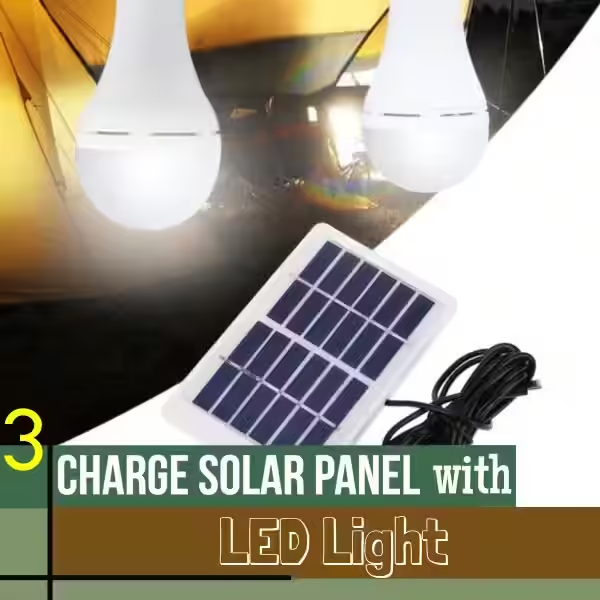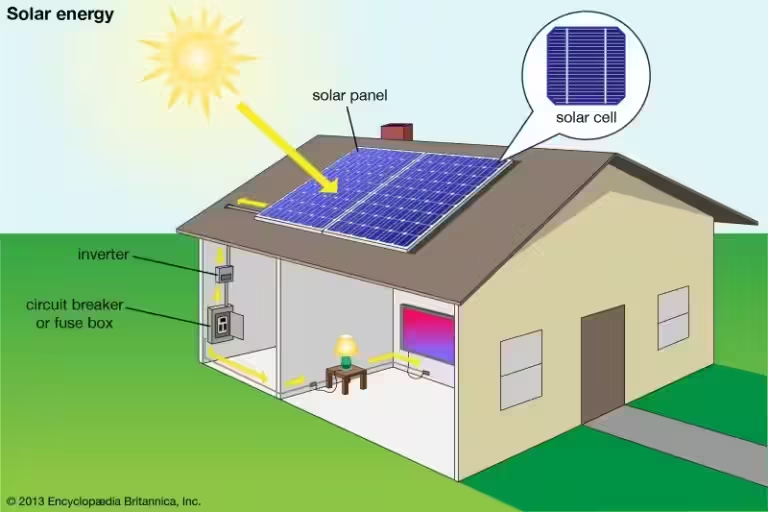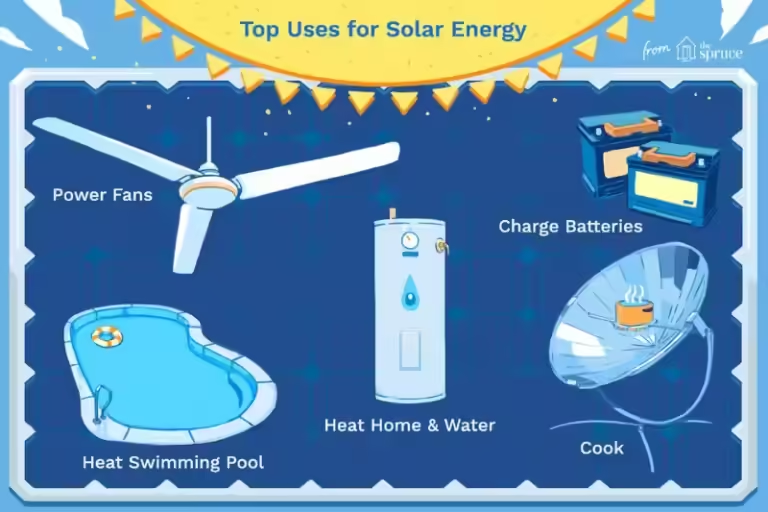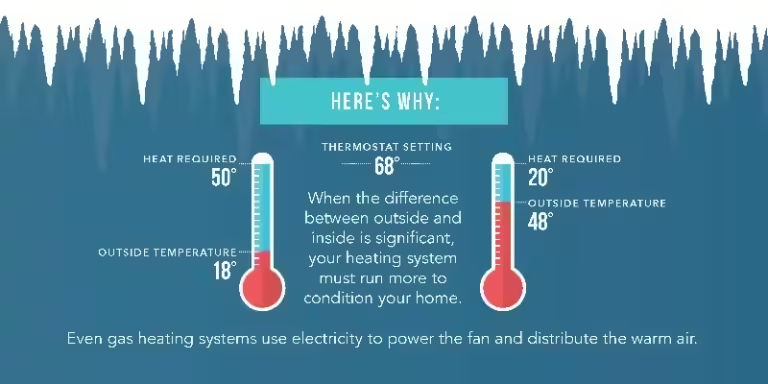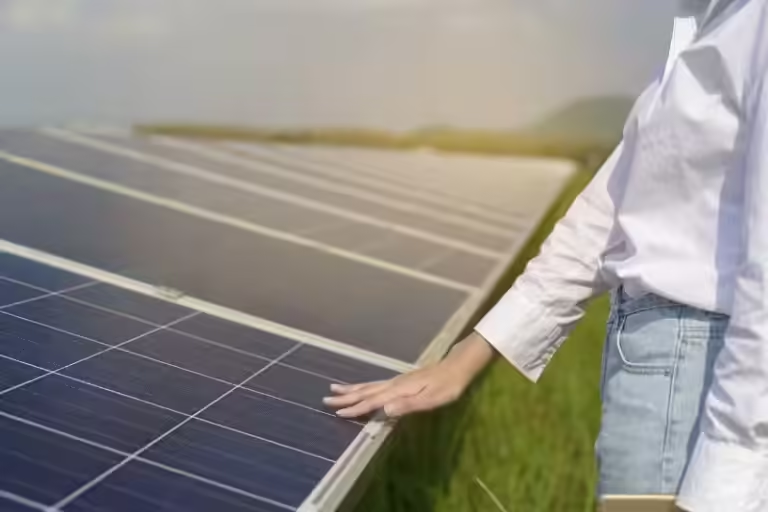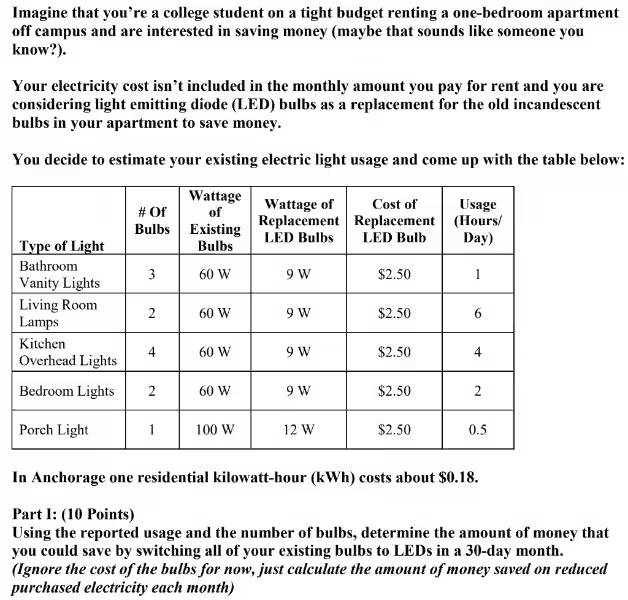Do Solar Powered Lights Work in the Winter? Unveiling the Truth
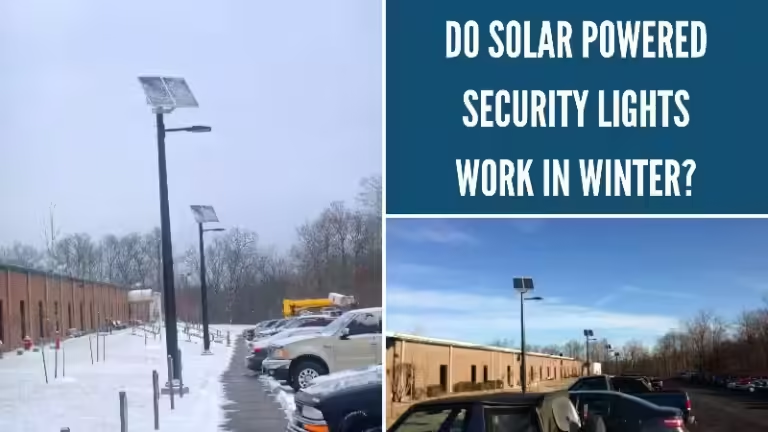
Solar-powered lights are a popular choice for illuminating outdoor spaces, offering a sustainable and cost-effective alternative to traditional lighting. But many wonder, "Do solar powered lights work in the winter?" The answer is a resounding yes, but with some nuances to consider.
Winter’s Impact on Solar Light Performance
While solar-powered lights are designed to function year-round, winter presents unique challenges that can affect their efficiency. Here's a closer look at the key factors:
Reduced Sunlight: The Biggest Challenge
The primary concern in winter is reduced sunlight. Shorter days and increased cloud cover significantly decrease the amount of solar energy available for charging the lights. This can lead to shorter illumination times or even a complete lack of light if the battery doesn't receive enough charge. Imagine your solar light as a battery-powered flashlight; the more sunlight it absorbs, the longer it can shine.
For example, if a solar light typically provides 8 hours of illumination after a full day of charging, it might only offer 4 hours of light during a cloudy winter day. This is why choosing solar lights with high-capacity batteries is essential in winter, ensuring they can store enough energy for multiple days, particularly during periods of low sunlight.
Snow: A Barrier to Sunlight Absorption
Snow can further complicate matters by blocking sunlight from reaching the solar panel. This is similar to having a blanket covering your solar panel, hindering its ability to absorb energy. Even a thin layer of snow can significantly reduce the efficiency of a solar light, potentially causing it to remain dark. Regular cleaning of the panel, especially after snowfall, is crucial to maintain optimal performance.
Sun's Angle: A Subtle but Significant Factor
The sun's angle in the sky during winter is lower than in other seasons. This means that the sunlight hitting a solar panel is less direct, leading to reduced energy absorption. This is similar to how a flashlight shines brighter when held directly onto a surface compared to when held at an angle. To compensate for this, consider adjusting the angle of your solar panel to maximize direct sunlight exposure during winter.
Tips to Optimize Solar Light Performance in Winter
While winter poses challenges for solar lights, these tips can help maximize their performance:
1. Clean the Panel Regularly
Snow, dirt, and debris can accumulate on the solar panel, obstructing sunlight absorption. Regular cleaning with a soft cloth or brush will ensure that the panel receives maximum sunlight. Avoid using harsh chemicals or abrasive materials that can damage the panel.
2. Adjust the Panel's Angle
Tilting the solar panel slightly upward during winter will help capture more direct sunlight, especially during the lower sun angles. Many solar lights are equipped with adjustable panels, allowing you to optimize their position for maximum sunlight exposure.
3. Choose a High-Capacity Battery
Solar lights with high-capacity batteries can store enough energy for multiple days, ensuring illumination even during cloudy periods. This is particularly important during winter when sunlight hours are limited. Look for solar lights with a battery capacity that aligns with your anticipated usage needs.
4. Avoid Shading
Ensure that nothing blocks sunlight from reaching the solar panel. Trees, buildings, or even overgrown vegetation can cast shadows, reducing the panel's efficiency. Consider relocating the solar light to a location with maximum sunlight exposure.
Understanding Solar Light Charging Times
The charging time for a solar light depends on several factors, including the panel's power output, battery capacity, and the amount of available sunlight. The Peak Sun Hours (PSH) for a particular location indicate the average amount of sunlight available for charging. During winter, due to reduced sunlight, it might take longer for the solar panel to fully charge the battery compared to other seasons.
Conclusion: A Sustainable Lighting Solution, Even in Winter
Solar powered lights are a versatile and eco-friendly option for outdoor illumination, even in winter. By understanding the factors affecting their performance and implementing the recommended tips, you can maximize their efficiency and enjoy their benefits throughout the year. While winter may bring challenges, with a little care and attention, solar lights can continue to brighten your outdoor spaces, providing a sustainable and cost-effective lighting solution.
Frequently Asked Questions About Solar Lights in Winter
Do solar lights work in the winter?
Yes, solar lights work in the winter, but they may not be as bright or last as long as they do in the summer. This is because there is less sunlight available during the winter months.
How do solar lights work in the winter?
Solar lights work by converting sunlight into electricity to charge a battery. The battery then powers the LED lights at night. In the winter, the amount of sunlight available is reduced, so the battery may not charge as fully, resulting in shorter run times.
Will snow affect my solar lights?
Snow can affect the performance of solar lights by blocking sunlight from reaching the solar panel. If the panel is covered in snow, it will not be able to charge the battery. To prevent this, you should regularly clean the snow off of the solar panel.
What if it's cloudy for a long time?
Cloudy days can reduce the amount of sunlight available to charge the solar lights. However, most solar lights have batteries that can store enough energy to power the lights for a few days, even if there is no sunlight.
What can I do to make my solar lights work better in the winter?
To ensure your solar lights work efficiently in the winter, consider these steps:
- Clean the panel: Regularly remove snow and debris from the solar panel to maximize sunlight absorption.
- Angle the panel: Adjust the angle of the panel to capture more direct sunlight during the winter months.
- Choose a high-capacity battery: Select solar lights with batteries that can store enough energy for multiple days, ensuring light even during cloudy days.
Are there any special solar lights designed for winter use?
Some manufacturers offer solar lights specifically designed for winter conditions. These lights may have more powerful solar panels, larger batteries, or weather-resistant materials.

